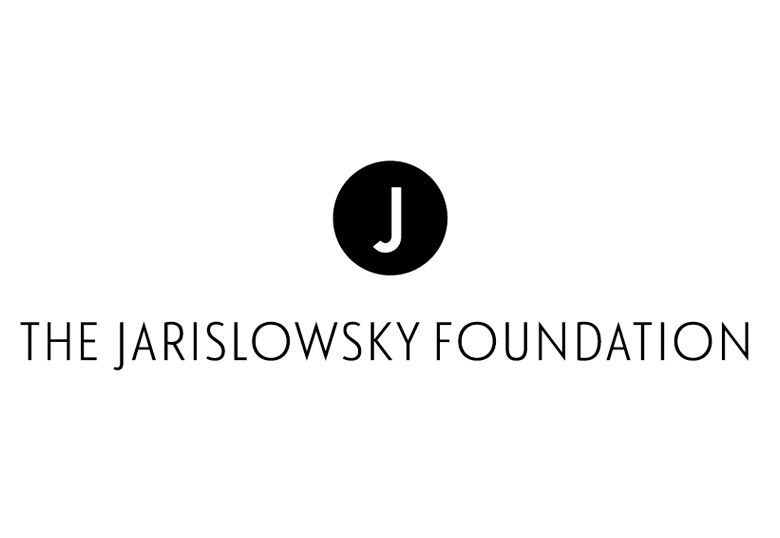Against the backdrop of a partisan and confrontational political landscape and a lack of trust in public institutions, finding the next generation of Canadian politicians and public sector leaders is more important now than ever.
The University of Lethbridge aims to tackle these complex issues with the establishment of an innovative, cross-country, collaborative post-secondary program and support from the Jarislowsky Foundation and Scotiabank.

In June 2022, the University of Lethbridge announced a $2-million community investment from the Jarislowsky Foundation to support the development of a collaborative program with four other universities. The Jarislowsky Foundation was founded in 1991 by Stephen Jarislowsky, a prominent Canadian philanthropist and business leader, with a mission to promote, support and foster excellence and ethics in education, medicine, the arts, and the environment and climate change. The Jarislowsky Foundation now contributes approximately $10 million per year in community investment globally.
The endowed chair supporting the education of future leaders in government, politics and the public service also received a significant boost from Scotiabank. The $375,000 community investment reflects Scotiabank’s commitment to fostering strong leadership, governance and trust within its own operations and for supporting the same with clients and business across Canada.
This support, combined with the original investment from the Jarislowsky Foundation, led to a worldwide search for the inaugural chair.
The appointment of Dr. Susan Dieleman from Southern Illinois University was announced this spring, and she’s excited about the opportunities the program will provide students at ULethbridge.
“As a philosopher working in the humanities, I have a deep appreciation for the skills, knowledge and values you learn through liberal education. These skills are essential in establishing trust among fellow citizens who are engaged in a common project,” she says. “Whether you are across the aisle from someone or on the so-called other side, it’s imperative we find a way to build community, including across our differences.”
The essence of the program is to create opportunities to learn across the partner universities through a combination of foundational and experiential learning courses that bring together students from across the country. Partner institutions include Acadia University, l’Université du Québec à Trois Rivières (in collaboration with l’École Nationale d’Administration Publique), Trent University, ULethbridge and Vancouver Island University.
“This program is an outstanding complement to the interdisciplinary, liberal education focus of our institution,” says Dr. Mike Mahon, former president and vice-chancellor. “Our students are taught to view the world through a critical eye, utilizing a breadth of experience to assess problems and find solutions. This concentration on the ethics of politics, its systems and structures will help create the responsible leaders of tomorrow. I want to thank Mr. Jarislowsky for entrusting us to advance his vision for greater truth, integrity and trust in political life and public service.”
Given today’s political landscape, Dieleman says it’s never been more important to develop strong critical thinking skills with a focus on relationship building.
“I was a first-generation post-secondary student and there were opportunities that I didn’t know existed when I was in school that I wished I had, such as exchanges, travel and co-op placements,” says Dieleman. “I want to make sure future leaders have access to those opportunities. This program will provide the kinds of experiences that can be life-changing for students.”